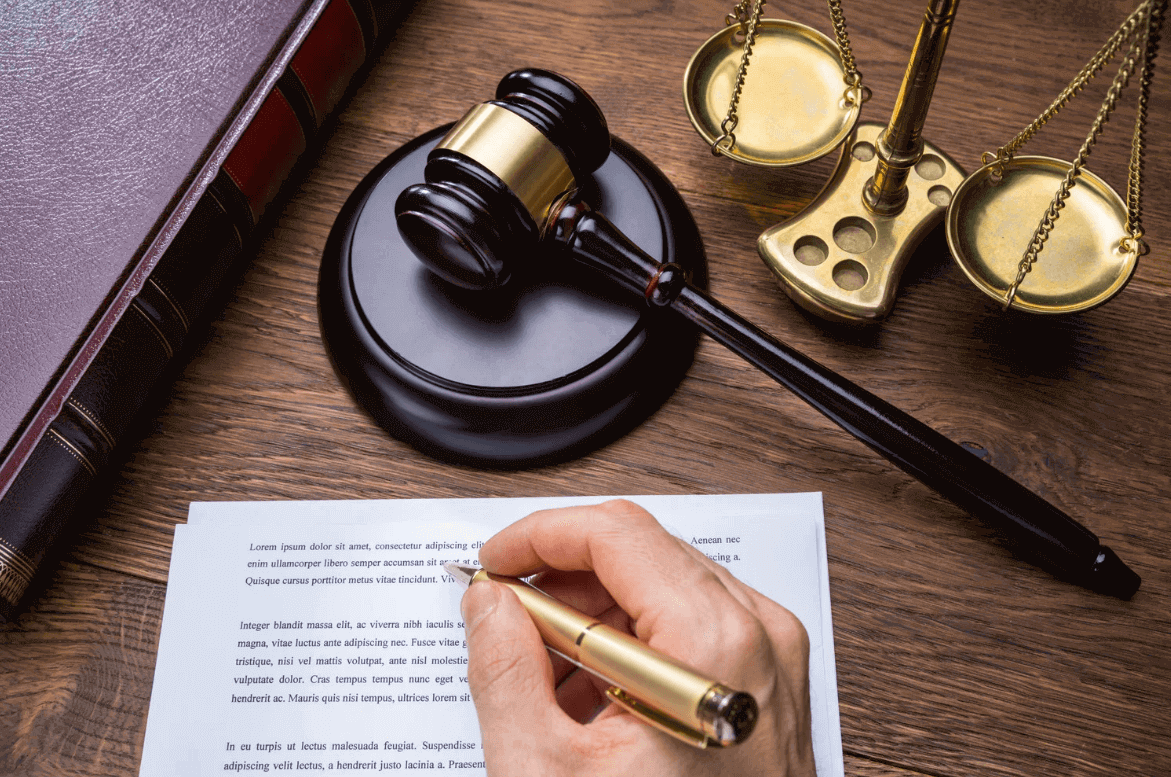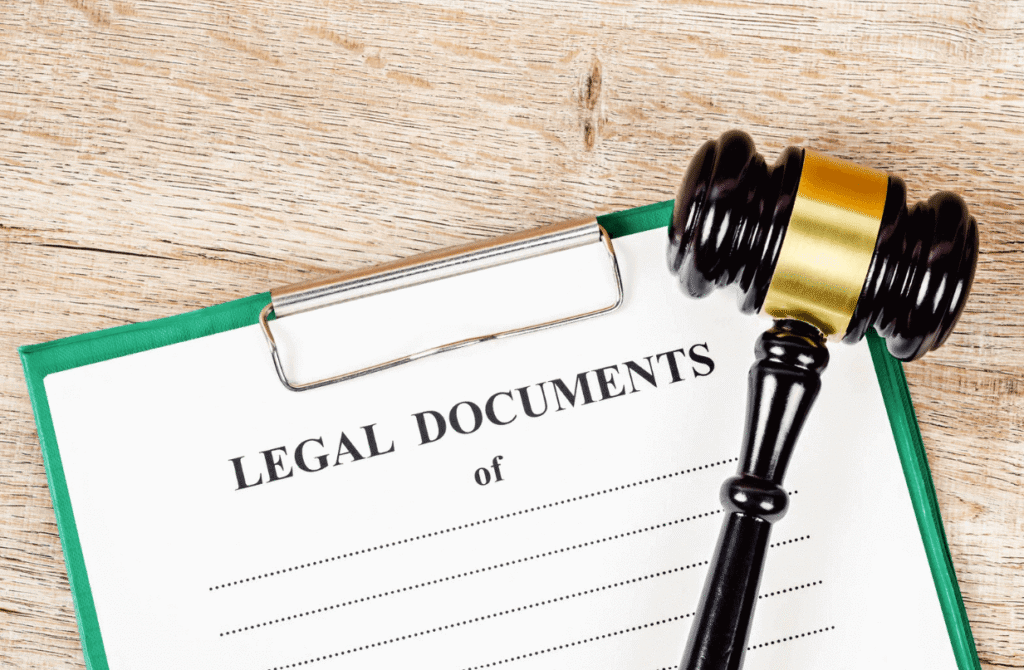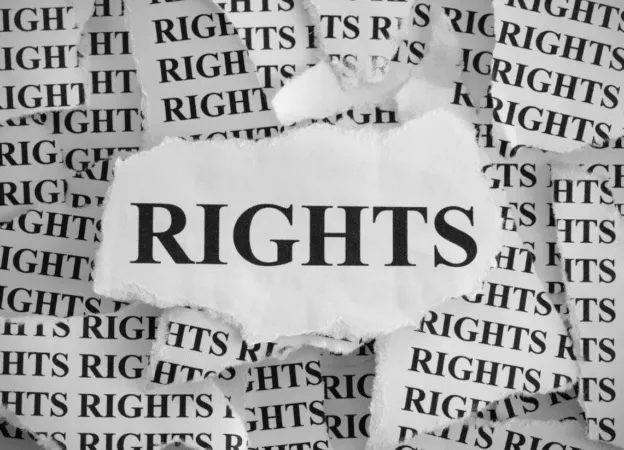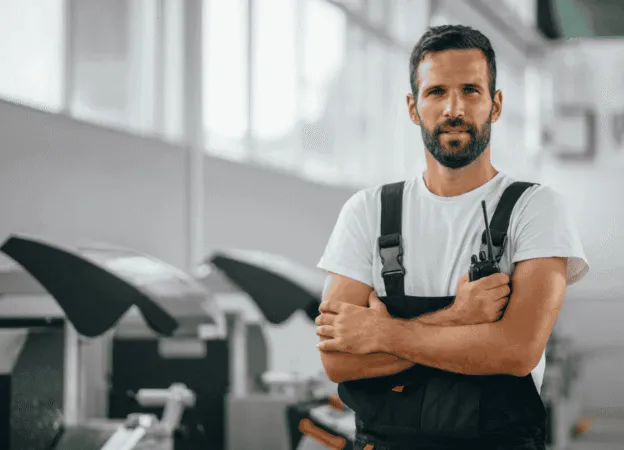Deciding to donate your body to medical science represents a profound gift that can advance medical education and research for generations. However, the decision requires careful planning to ensure your wishes are properly documented, legally binding, and understood by your family. Taking time to address the practical aspects of whole body donation helps guarantee your final wishes are honored while minimizing stress for your loved ones during an already difficult time.
Essential Legal Documentation
Proper legal documentation forms the foundation of successful body donation planning. The process begins with contacting accredited medical schools, research institutions, or body donation programs to understand their specific requirements and procedures. Each program has unique forms, deadlines, and acceptance criteria that must be carefully reviewed.
Most donation programs require advance registration, often including detailed medical history, personal information, and signed consent forms. These documents typically need notarization and may require witness signatures. Some programs provide donor cards or certificates that should be kept with important papers and copies distributed to family members.
Your will should explicitly state your intention to donate your body, but relying solely on will documentation can create problems since wills are often read after funeral arrangements are made. Instead, create separate donation documentation that’s immediately accessible to family members and healthcare providers.
Consider appointing a healthcare proxy or durable power of attorney for healthcare decisions, ensuring this person understands and supports your donation wishes. These individuals may need to make final decisions if circumstances change or if donation programs cannot accept your body for any reason.

Understanding Financial Implications
Contrary to common assumptions, whole body donation can significantly reduce end-of-life expenses while providing valuable educational resources. Most legitimate donation programs cover transportation costs from the place of death to their facilities, eliminating expensive funeral home transportation fees.
Traditional funeral costs—including embalming, caskets, burial plots, and cemetery fees—are typically unnecessary with body donation. In fact, cremation services for whole body donation Florida, Nevada, Arizona, and Rhode Island are offered free of charge. This can represent savings of thousands of dollars for families already dealing with medical expenses and other financial pressures associated with end-of-life care.
However, families should understand that immediate funeral services, if desired, must be arranged and paid for separately before donation. Some programs allow brief delays for family visitation, but most require relatively quick transportation after death. Planning memorial services following donation can provide meaningful closure without rush decisions during grief.
Most programs return cremated remains to families after completing their educational mission, typically within one to three years. Families can then hold burial services or handle remains according to their preferences, allowing for traditional closure if desired.
Navigating Family Discussions
Open, honest family discussions about body donation prevent misunderstandings and ensure your wishes are respected. These conversations can be challenging but are essential for successful donation planning. Begin discussions early, when health is good and emotions are less charged.
Explain your motivations for choosing body donation, whether they stem from desires to advance medical knowledge, help train future healthcare providers, or reduce funeral expenses. Sharing your reasoning helps family members understand and support your decision even if they wouldn’t make the same choice.
Address family concerns honestly and provide accurate information about donation processes. Many family objections stem from misconceptions about religious compatibility, treatment of remains, or impacts on memorial services. Providing factual information and connecting family members with donation program representatives can address these concerns.
Consider involving family members in the planning process by having them accompany you to meetings with donation programs or including them in documentation reviews. This involvement helps ensure they understand procedures and can advocate for your wishes if necessary.
Proper Documentation Strategies
Effective documentation goes beyond signing donation forms. Create a comprehensive file containing all donation-related documents, contact information for chosen programs, and clear instructions for family members. This file should be easily accessible and its location known to multiple family members.
Provide copies of essential documents to your healthcare proxy, attorney, and close family members. Consider storing documents both physically and digitally, ensuring access even if original documents are unavailable.
Include backup plans in your documentation. Not all donations can be accepted due to circumstances of death, disease conditions, or program capacity limitations. Having alternative wishes documented—such as traditional burial or cremation preferences—ensures your final wishes can be honored regardless of circumstances.
Update documentation regularly, especially after major health changes, relocations, or changes in family circumstances. Contact donation programs periodically to confirm your registration remains active and current.

Final Preparations
Review and update your documentation annually, treating it like other important legal documents. Ensure family members know how to contact donation programs immediately after death, as timing can be critical for acceptance.
Consider creating a simple instruction sheet for family members outlining immediate steps to take after death, including donation program contact information and any specific requirements. This practical tool helps ensure smooth execution of your wishes during emotionally difficult times.
Proper planning transforms body donation from a complex process into a meaningful final gift that honors your values while serving medical education and research.



